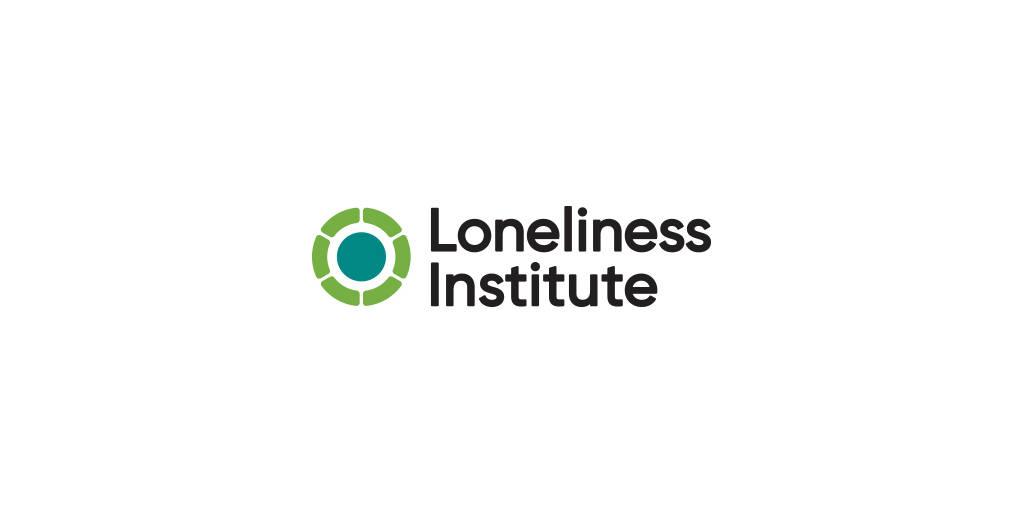We can solve the loneliness epidemic — but only when we start talking about solutions instead of problems. Stronger leadership is needed in the U.S.
AUSTIN, Texas–(BUSINESS WIRE)–#loneliness–The Loneliness Institute has released its findings and serious concerns about current efforts to solve the loneliness epidemic. The institute was created to specifically to find loneliness solutions that could reach populations greater than 1,000,000 and are sustainable long term.
Our analysis: We examined thousands of studies, government programs, news articles, non-profits, startups, one-off projects, and more. We interviewed hundreds of experts and practitioners. Most research examines the size and harms of loneliness. We focused specifically on high-impact solutions instead.
We concluded that the programs most likely to make an impact at mass scale fit into what we call the TOP Strategy: Tools, Organizations, and Places.
- Tools: Make it easier for people to connect with widely available, free or low-cost software that helps make connections, find groups, plan events, and organize activities.
- Organizations: Reboot national membership organizations, make it easier to create them, help them scale, and help people find them.
- Places: Open up in-person, no-cost community spaces where people can have recurring social contact and host social activities.
Programs that seemed more successful also shared characteristics we call the RAP Elements:
- Recurring contact: repeatedly connecting with the same people is necessary for deeper relationships to form
- Activities: something to do, such as a project, sport, or activity that makes it more than just a hangout
- Purpose: a higher-level mission or charitable activity (optional but helpful)
On the positive side, we found incredible, well-intentioned individuals and organizations committed to solving this problem. On the other hand, we have substantial concerns that the current search for meaningful solutions is not on a path toward success.
- Still studying harms, not solutions. Most resources are still going toward studying the scale and harms of loneliness (which are fairly clear at this point). We now need to pivot and prioritize finding and testing solutions.
- Transitory work. Much of what we found were one-off studies or very small experiments. This is good work, but long-term projects with high impact are less common (and more needed).
- Non-serious leadership. The highest profile voices aren’t necessarily helping. The Surgeon General dominates the discussion, but his office has yet to produce an actionable plan for national-scale solutions. The dominant non-profit in the space appears to be a lobbying front for healthcare companies with other agendas.
- Lonely-washing. Many entities are jumping on the loneliness bandwagon to promote for-profit products, startups, or healthcare companies. This doesn’t seem to tie back to meaningful efforts to solve the problem, and consumers are likely to be deceived or disappointed.
- Paid services. Fee-based programs and investor-backed startups are unlikely to be sustainable as a population-level solution. Risks include excluding people who can’t afford the service, loneliness used as a sales tool for products, and creating dependencies that would have harmful impacts on individuals if canceled.
Conclusions: We know how to solve the loneliness epidemic. There is no shortage of techniques and ideas, including many solutions that have proven effective for generations and just need a reboot. To maximize impact, it is time to:
- Focus on finding solutions instead of studying the problem.
- Create leadership structures to bring together everyone working on the problem.
- Create an actionable national strategy to fund and sponsor large-scale rollouts.
Download the full report here: https://lonely.org/report
Contacts
The Loneliness Institute, lonely.org, 512-640-7000, help@lonely.org.



